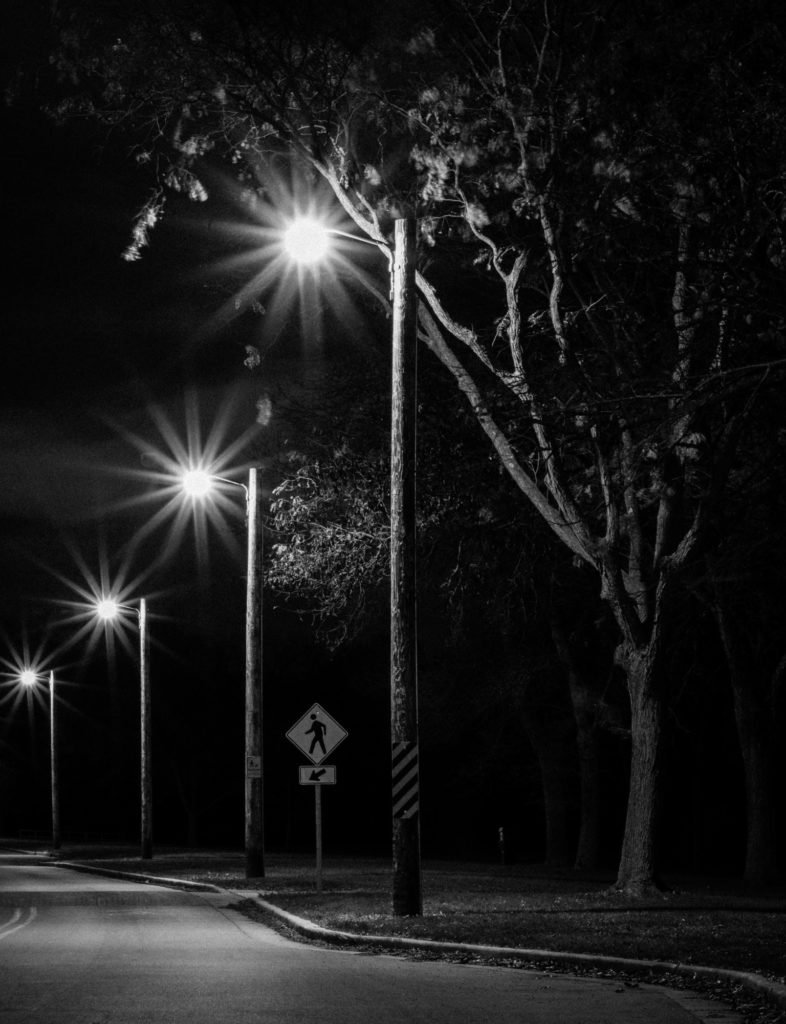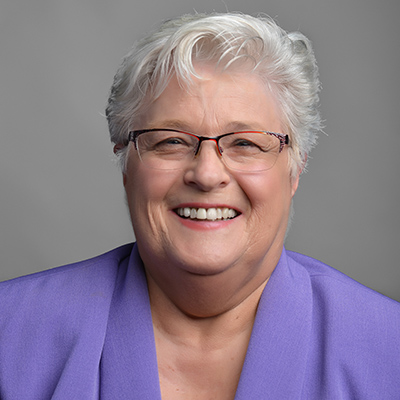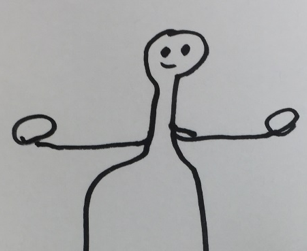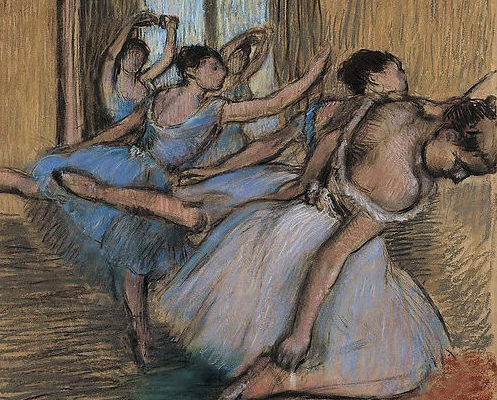Use of a Patient-Educator to Train Doctor of Physical Therapy Students Regarding Sexuality and Disability

In this thought-provoking article, Cara Felter, PT, DPT, MPH describes a paired approach between a faculty member and an individual with a spinal cord injury to teach physical therapy students about sexuality and disability, and offer guidance for speaking with patients about this sensitive subject.
Call for Submissions: Journal of Humanities in Rehabilitation Physical Therapy Student Essay Contest 2024-2025

The Consortium for Humanities, Ethics and Professionalism (CHEP) of the American Council of Academic Physical Therapy (ACAPT) advocates for the importance of the humanities, ethics, and professionalism in physical therapy education practice because excellent clinical practice requires the ability to make meaningful connections with patients and to make decisions in unclear or vulnerable circumstances.
Life Transformed Through Movement

A photograph, a memory of the sound of wind in the trees, of a chill in the air, invoke a personal reflection of a life focused on movement and care. In her delicate poem, Kathryn Zalewski, PT, PhD, MPA,uses Gregg Fuhrman, MPT, OCS, CFMT, CMTPT’s image to guide her description of life as a physical therapist, a mother, and a teacher — in whispers.
Commonality in Communication
ACAPT Consortium for the Humanities, Ethics, and Professionalism (CHEP) and JHR student essay contest finalist: Becky Mercuro, SPT shares her experience changing a patient’s outlook, and recovery, by speaking to her in her native tongue—not just about her condition and treatment, but also about her life and her “hope of healing.”
Profiles in Professionalism – Interview with Laura Lee (Dolly) Swisher, PT, PhD, MDiv, FNAP, FAPTA

Download the article (pdf) Table of Contents “Profiles in Professionalism”, an innovative new series featured in the Journal of Humanities in Rehabilitation, seeks to explore the elusive yet crucial concept of professionalism and its role in the field of rehabilitation medicine. Providing insight through the words of visionary leaders, we seek to reflect on what […]
Unlocking Inner Joy
ACAPT Consortium for the Humanities, Ethics, and Professionalism (CHEP) and JHR student essay contest finalist: In this light-hearted account of meeting a former gymnast in the rehabilitation room of a nursing home, Mercedes Aguirre shows how listening to a patient’s story and finding common ground can boost results exponentially.
Eye Spy for Physical Therapy Graduate Education

Cindy B. Dodds, PT, PhD, PCS and colleagues describe how their successful pilot program took physical therapy students out of the university setting and into a local art museum for a unique experience of observation using visual thinking strategies.
Resources: Fall 2018

Speechless: For two seasons, Speechless looks at the struggles and triumphs of an American family with a son with a disability. One of four kids, JJ DiMeo—played by Micah Fowler, who has cerebral palsy himself—is a teen growing up with a physical disability who uses a communication device to speak.
Three Voices at the Table

In a fascinating, creative account, Tania Riske, MS/CCC-SLP, and CeCelia Zorn, PhD, RN let the voices of a patient, his wife, and his speech/language pathologist describe the challenges, small triumphs, and human connections involved in the treatment of primary progressive aphasia—a rare neurological disease that causes the total loss of speech.
Historical Perspectives in Art | Edgar Degas: Celebrating Beauty in Movement

Melissa McCune, SPT takes you into the world of Edgar Degas as he captures the art of physical movement. She shows us how, at a time when art focused on the face, the clothing, perhaps the hands, Degas chose to focus his paintings “on the body as a whole to reveal its objective beauty and intimate connection with the space around it.”

